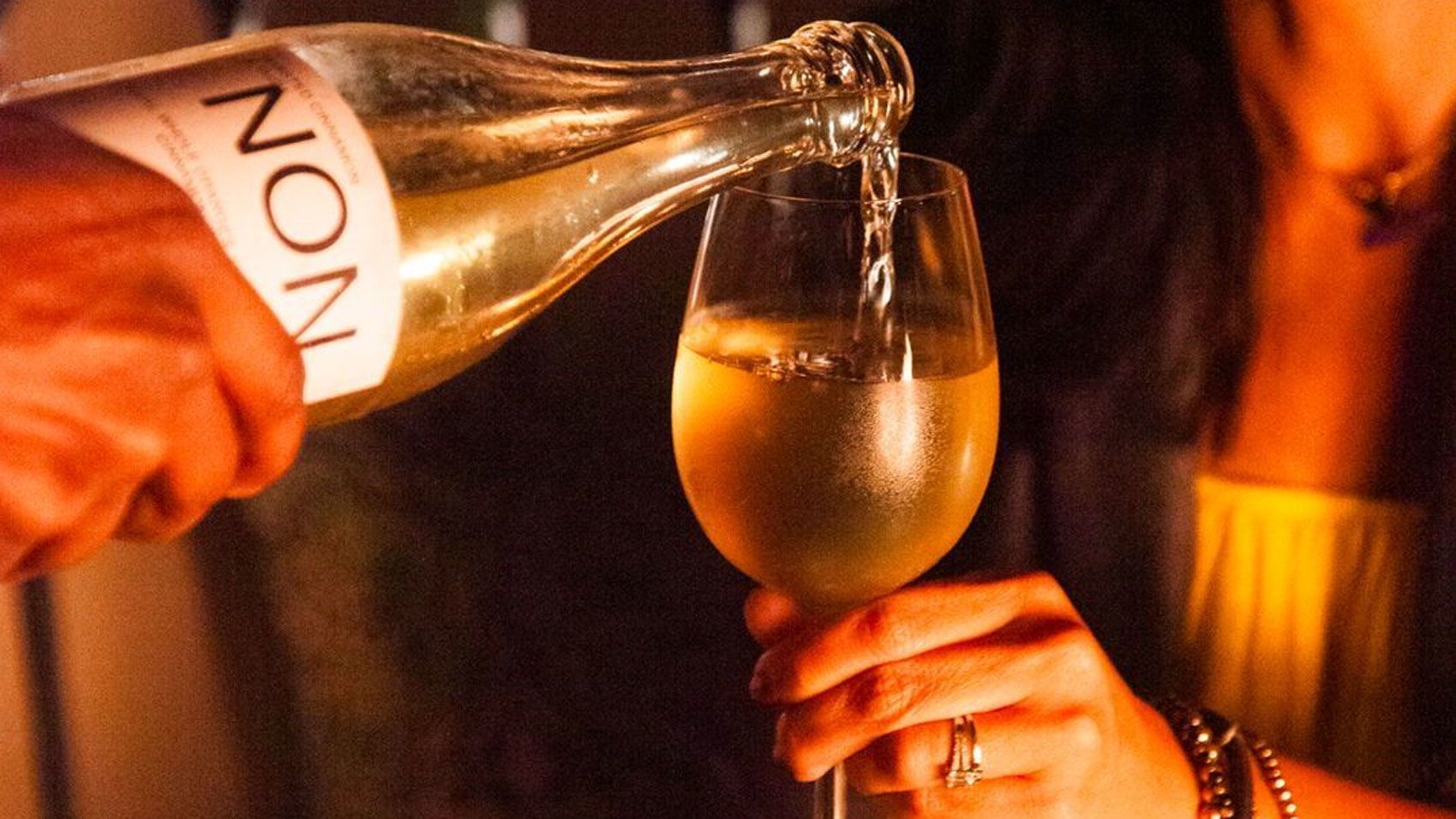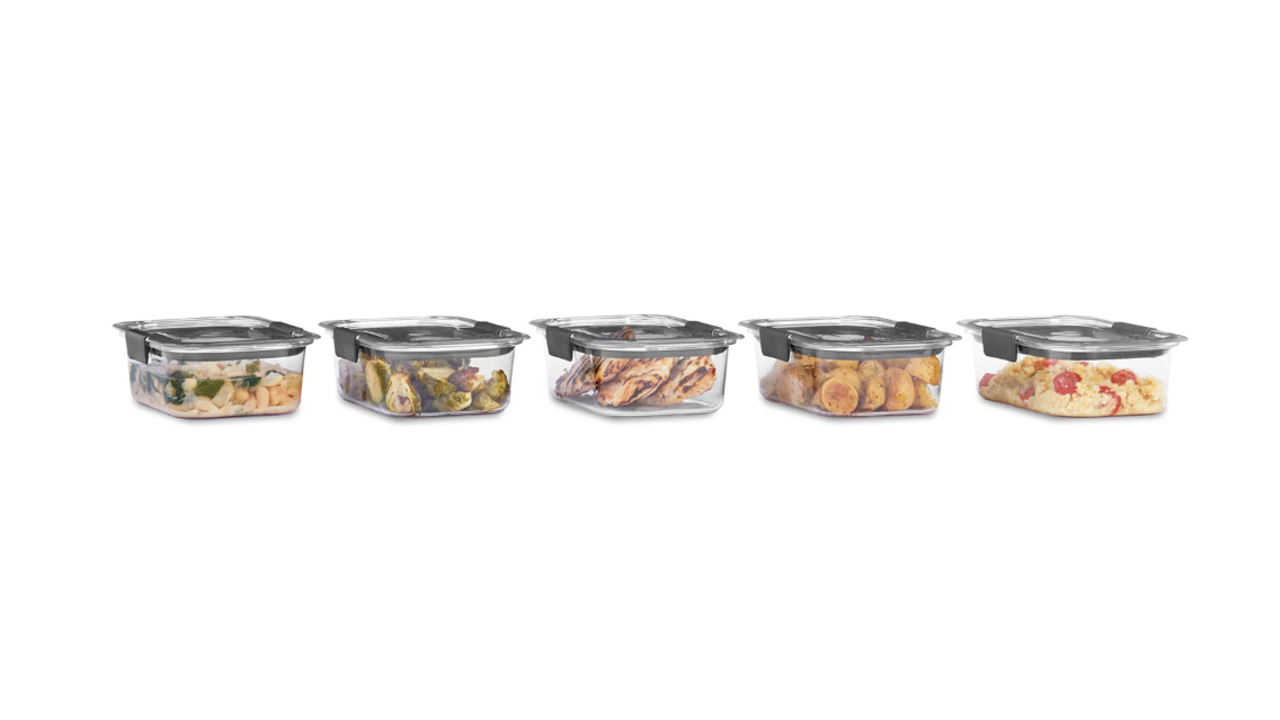This article is part of?CNN Underscored’s “The Reset,”?an editorial package featuring all of our articles aimed at giving you the information and product recommendations to help achieve any and all new year resolutions.
Say goodbye to the days of spiced grape juice masquerading as nonalcoholic wine. A bevy of complex, flavorful wine alternatives are here to stay, ranging from bubbly, adaptogen-infused concoctions to rich, dealcoholized vintages that’ll fool even the snobbiest sommelier at your dinner table.
The booze-free beverage market is the second-fastest growing sector in the industry (behind bottled water), with 2023 expected to top $496.5 billion in sales in the US alone. In 2022, no- and low-alcohol drink sales grew by 7% in 10 key global markets. It’s no wonder that Dry January has become a worldwide phenomenon and that these health- and calorie-conscious options are popping up at hip bars and restaurants across the country.
Committing to Dry January isn’t just about being sober-curious; it’s a boon for your health too. “People who take part in Dry January often report weight loss, better digestion, better sleep and financial savings,” explains Hilary Sheinbaum, Dry January specialist and author of “The Dry Challenge.” “About 10 days into my first Dry January, I noticed a major change in my quantity and quality of sleep. I went from sleeping five hours a night to sleeping seven to eight hours each night. My mood became more elevated … and my skin became clearer and more glowy.”
When it comes to navigating the current wonderland of nonalcoholic wines, there are two main categories: dealcoholized wines and expertly crafted wine substitutes. Sure, the former tastes and looks more like the real thing, but the latter can be tart, complex and fermented to perfection, with none of the hangover-inducing booze.
We gathered dozens of the top-rated booze-free bubblies and nonalcoholic wines, then taste-tested them for months to bring you our top picks across a wide variety of price points and flavor profiles. Here are the best alcohol-free wines and wine alternatives.
One of the best and most prominent dealcoholized wine brands on the market, Thomson & Scott has created a sophisticated, slightly sweet sparkling chardonnay with notes of apples in this bestselling bottle. Made with organic grapes from vineyards in southern Spain, this bright, flavorful wine has been dealcoholized through vacuum distillation.
In the extensive testing for this article, Geisen stood out as another widely available and totally delicious purveyor of dealcoholized wines that taste (almost) as good as the real thing. This alcohol-free Pinot Gris is one of their best, with light floral notes and hints of lychee and pear.
Travelers and hikers rejoice! Leitz not only offers gorgeous, large bottles of its signature Eins Zwei Zero Rosé but this classic concoction comes in cans too, perfect for popping into a backpack or cooler for a beach day or road trip. This refreshing, sparkling pinot noir rosé is a 23-calorie, low-sugar beverage with a light minerality and flavors of bright red fruits. Want something a bit crisper with a drier finish? Try its Sparkling Riesling.
A Los Angeles screenwriter friend recently told me that I had to try Grüvi’s alcohol-free Dry Secco for this article, and boy was he right. A dead ringer for champagne, this bright sparkling white wine offers just enough tartness and floral notes for me to get my fix. Plus, it’s completely gluten- and sulfate-free.
Tart, earthy and complex, Non’s Stewed Cherry & Coffee features a bright cherry taste, peppered with rich spice blends, like garam masala, allspice and nutmeg. The result? A deeply satisfying wine alternative that sits somewhere between a sparkling rosé and a well-crafted mocktail. If you’re searching for something fruitier, the brand’s 1 Salted Raspberry & Chamomile blend is also fantastic over ice.
A dealcoholized hit from legendary Studio Null, the new Grüner Weiss wine is sweet, easy drinking and floral. Crafted with grapes from a certified sustainable vineyard in Austria and aged in stainless steel, it’s every bit as complex and satisfying as its alcoholic counterpoints.
If you’re partial to reds, we also loved Studio Null’s popular (and currently sold out) Prickly Red that serves up a full-bodied front end with a dry, tannic and carbonic finish.
This award-winning organic sparkling rosé is smooth, juicy and bright, with a hint of peach. It’s a great nonalcoholic substitute that feels festive and special. Associate beauty editor Sophie Shaw keeps a bottle in the fridge for whenever the celebratory mood strikes.
“I also love giving French Bloom’s Discovery Set — which comes with its sparkling nonalcoholic chardonnay and rosé, accompanied by two crystal flutes — for a sweet and elegant hostess gift,” she adds.
Concocted with sustainably grown fruits, cold-brewed tea and just the right amount of fermentation, Three Spirit’s Blurred Vines series is designed to combine plant magic with ritualized, nonalcoholic drinking. Sharp is chock-full of mineral salts, L-theanine, vitamin D and amino acids intended to create a mental boost for maximum socializing, sans the hangover.
Proxies are wine-inspired beverages that blend verjuice (derived from wine grapes), fruit, citrus and spices. They’ve become an editor favorite at any time of the year.
“There’s not a single flavor of Proxies I dislike, but if I had to choose just one it would be Shuru,” says associate editor Lindsey Smith. “This bubbly nonalcoholic wine has notes of raspberry and pear and is so refreshing, thanks to the added mint. It pairs well with lighter dishes, but I also love enjoying it on its own.”
With this fab pink bottle by Thomson & Scott, you really can rosé all day with your bae (and feel great doing it). Offering a dealcoholized, Proven?al-style rosé wine from the Western Cape region of South Africa, this sought-after bottle has notes of peach and fresh berries. The best part? It’s only 19 calories per 100 milliliters.
Another excellent and popular nonalcoholic red wine, Ariel’s 2021 Cabernet Sauvignon is dealcoholized via a gentle cold-filtration process, which helps preserve richness and flavor. Not only is this one of the more wallet-friendly bottles on our list but it’s oak-aged and has fantastic aromas of black pepper and dark forest berries.
Kally uses chardonnay verjuice to present a wine-like alternative as fruity, herbal and botanical flavors unfold within each bottle. Orchard Sage offers a pleasing, slightly mysterious sip that blends notes of lemon, sage, elderflower and decaffeinated green tea extracts. But honestly, we recommend tasting Kally’s flavors blindly so you can appreciate the full effect without being swayed by any specific ingredient list callouts.





























